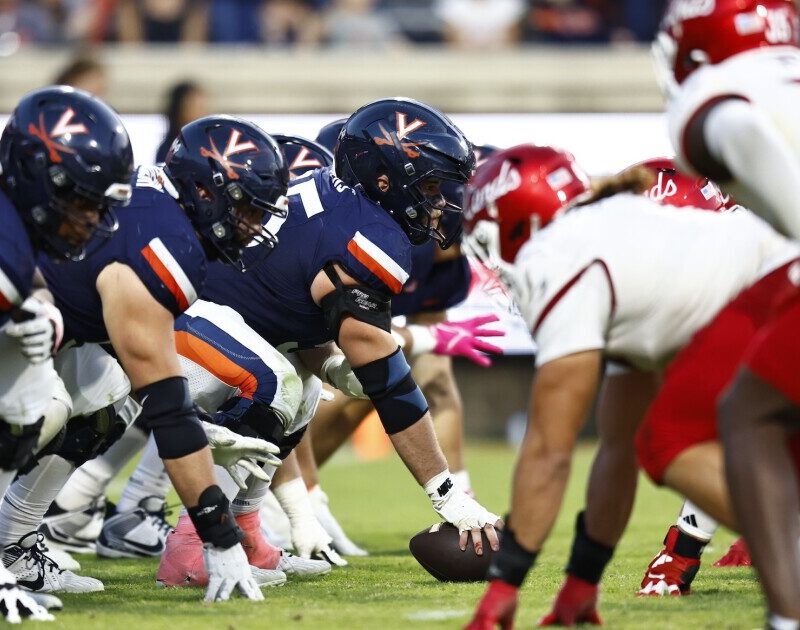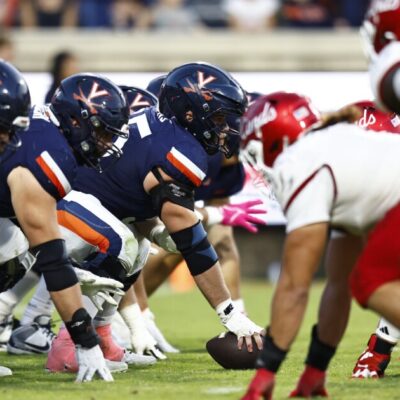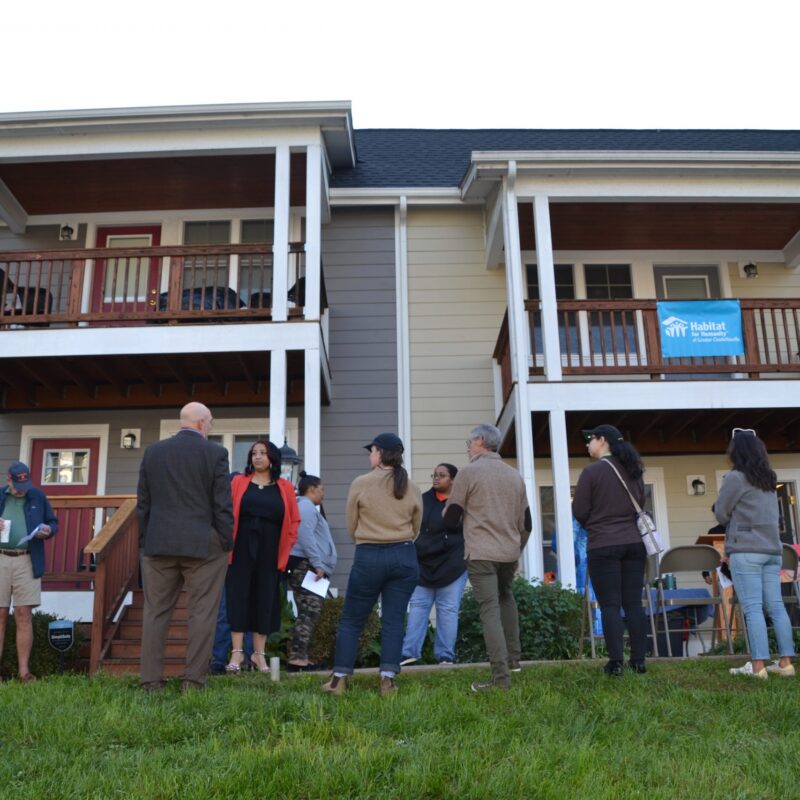A provision requiring the mandatory registration, identification and tracking of all livestock in the United States was removed from the massive farm bill passed by the House of Representatives July 27. That’s good news for the Charlottesville-based Virginia Independent Consumers and Farmers Association (VICFA), which vehemently opposes the National Animal Identification System (NAIS), citing its unnecessarily high cost and complexity.
 Kathryn Russell and other local farmers got some good news when an animal-tracking program they oppose died in the House of Representatives last month. |
"The NAIS does not realistically address any animal-health issues or food-safety issues because, as we know, most food-safety issues are not from the farm to the processor, but from the processor to the consumer," says Kathryn Russell, VICFA member and owner of Majesty Farm in North Garden. "It’s a Band-Aid solution which creates an illusion of safety to the public. It’s something that packers, the agribusiness and the multinationals would like to see, but it doesn’t benefit the small and medium producers in the county. In the long run, I don’t think it benefits consumers."
The House farm bill does, however, maintain a large system of government subsidies for farmers, which some, including VICFA, argue does not assist small and emerging farmers. The Democratically penned bill limits the payments to farmers receiving more than $1 million.
"I’m totally against subsidy systems, whether it goes to the fellow down the road or whether it goes to Tyson," says Russell. "A $1 million income limit on subsidies seems a little strange to me. Why does that kind of income require being subsidized? It creates a false market. We don’t have a free-market economy in agriculture because of these subsidies."
Republican Congressman Virgil Goode, who represents the 5th District, including Charlottesville, voted against the farm bill. Via e-mail, Goode says the $1 million income limit for subsidies was too high and among the bill’s shortcomings, which also seem to include inadequate monitoring of illegal immigrants, in his view. This small reduction in income limit, according to Goode, undercut crop insurance and allowed for expanded eligibility for food stamps.
"The farm bill increased funding for food stamps by $10 billion over the life of the bill," says Goode. "I believe that the food stamp program should be under periodic review and not on autopilot with automatic cost adjustments upward. The bill also failed to provide stronger measures for preventing new immigrants and illegals from accessing food stamps. The bill did not include the verification requirements that I feel are necessary to prevent ineligible persons from getting stamps."
The farm bill now heads to the Senate Agriculture Committee for further modification and debate.
C-VILLE welcomes news tips from readers. Send them to news@c-ville.com.





